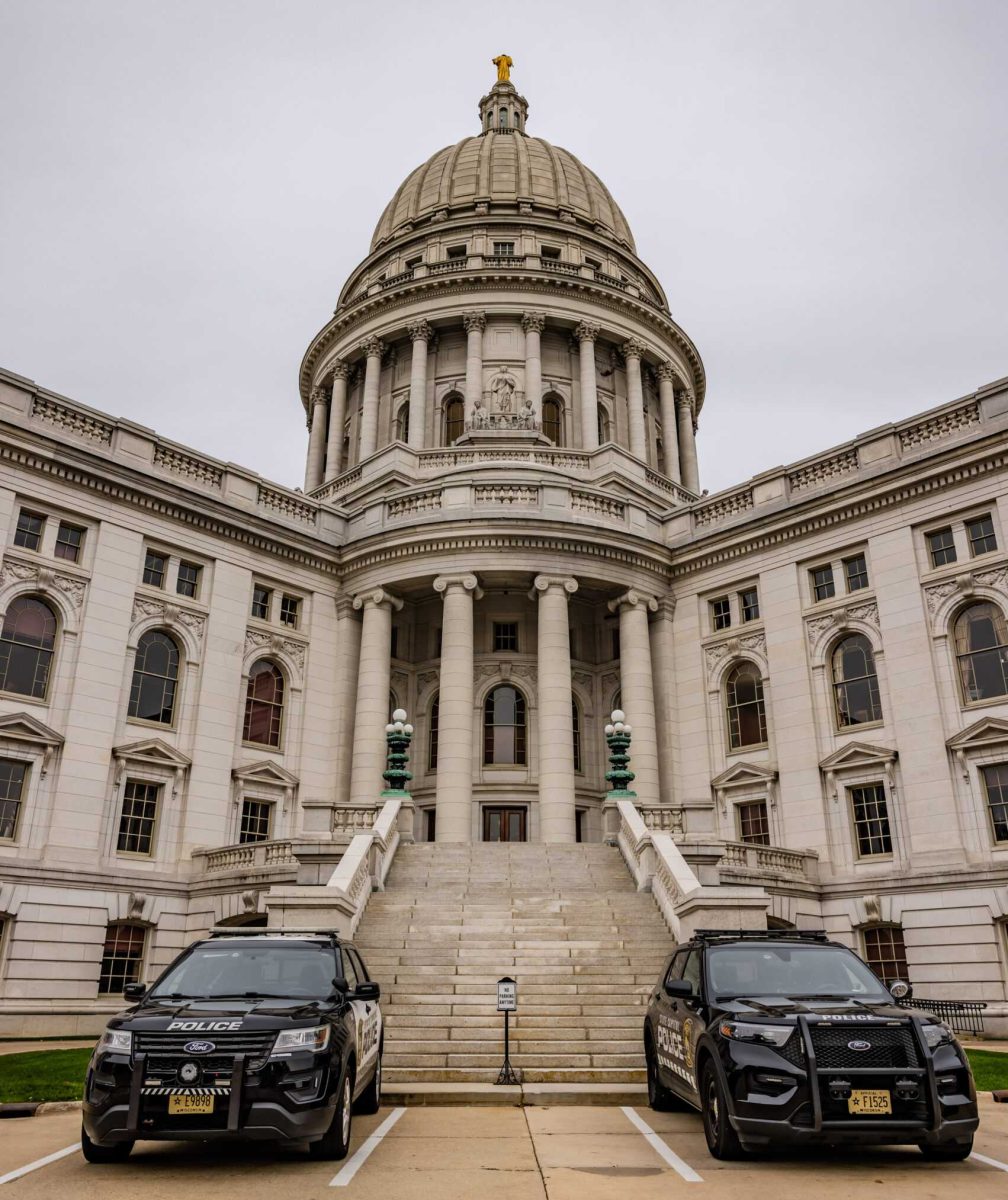After receiving a public hearing earlier this month, a bill allowing campaigns to not disclose donors’ employers on campaign donations of $500 or more will receive another hearing Tuesday.
The proposed bill would not require campaigns to disclose the employer of a contributor, and only report the occupation of the donor on donations of $500 or more.
Sen. Glenn Grothman, R-West Bend, said the purpose of the bill is to prevent businesses who donate to certain politicians from being boycotted by those who disagree with their donation choices.
“The bill is to prevent the full force of purchasing power of the police, fire and teachers unions from punishing employers whose employees give small amounts of money to political campaigns,” Grothman said.
After the 2012 recall gubernatorial election, Wisconsin unions sent letters to the president of M&I Corporation and threatened to boycott the bank’s services if it refused to publicly oppose Walker, Grothman added.
Phil Neuenfeldt, president of the Wisconsin chapter of AFL-CIO, said the organization has looked at campaign finance laws since they seem to promote “certain special interests.”
Those against the bill allowing for less employer disclosure include the League of Women Voters and the Wisconsin Democracy Campaign.
Wisconsin Manufacturers and Commerce also registered in favor of the bill.
AFL-CIO registered against another bill included in the public hearing Tuesday, which would change the process for dispatching voting deputies to nursing homes. Neuenfeldt said AFL-CIO is against the bill because members believe the bill is a way to prevent the elderly from voting.
While current law requires two voting deputies to conduct absentee voting at each nursing home or adult care facility for residents, the bill would dispatch two voting deputies only if five registered voters are at the facilities.
“We oppose bills that make it harder for people to vote,” Neuenfeldt said. “We support a time when we got behind voter registration, now it seems it’s gone the other way. Certain special interests are trying to protect their interest. Why do you want to make it more difficult for poor people or old people unless you’re afraid they’re going to vote against what you’re working on?”
Neuenfeldt added he and many of his members would not be at the hearing because of the time that it was scheduled.
Hearings for a bill like this should be held at nursing homes or care facilities, places where the bill would the most impact, Neuenfeldt said.
“It’s a shame that when they consider these bills, they don’t have public hearings in nursing homes in places where the law will affect people, for them to give opinions and participate, but that’s just the way it is,” Neuenfeldt said.
In a video statement Friday, Assembly Speaker Robin Vos, R-Rochester, said the many elections bills going through the Legislature will ensure residents statewide will have equal access to early voting opportunities.
“We all know our elections system doesn’t work anywhere near as well as it should,” Vos said.
Calls to WMC, Grothman, and bill sponsors Sen. Mary Lazich, R-New Berlin, and Rep. Stephen Nass, R-Whitewater, were not returned.
Correction: This article has been corrected to reflect accurate provisions in the bill.


















